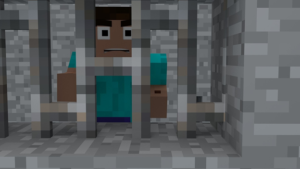Should I Use a Video Game Addiction Helpline?
Video games have had a tremendous impact on our society over the years. They have been used as effective educational tools and some have even been used for physical and cognitive rehabilitation. However, individuals who have fallen victim to the cycle of compulsive gaming understand how destructive this addiction can be.

Major healthcare organisations such as The World Health Organisation (WHO) have recognised video game addiction as an official mental health condition, leading to the development of treatment options such as video game addiction helplines. In this article, we are going to explain what you need to know about these helplines. If you have felt stuck or unsure about your video game addiction then please read on.
Content
What Do Video Game Helplines Offer?
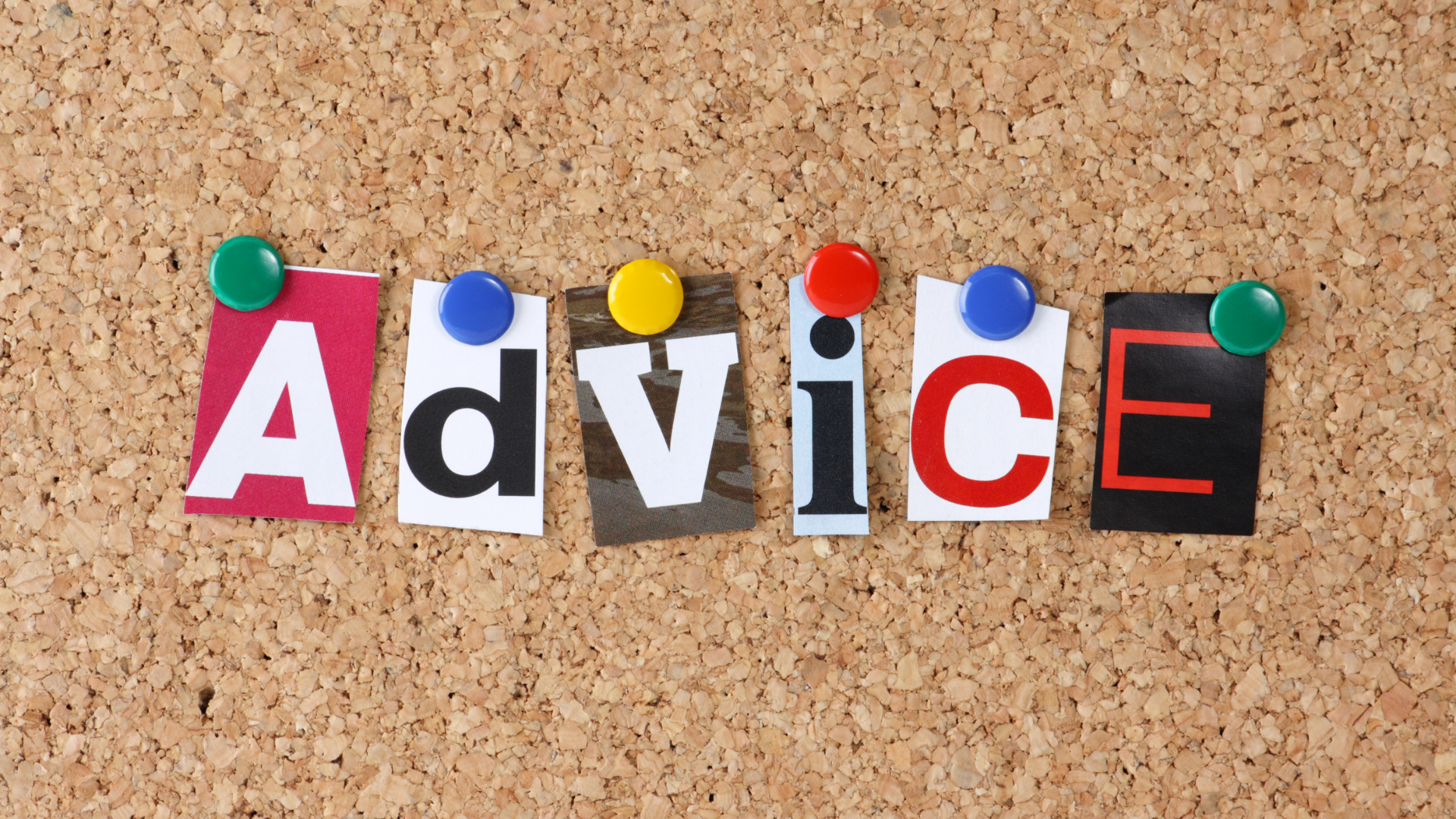
The process of calling a video game addiction helpline is very similar to any other addiction helpline. All calls will be directed to a friendly, trained member of staff who will talk to you about the problems you are dealing with. Calls to helplines such as this are confidential so there is no need to be worried about embarrassment or sharing personal information.
Video game addiction helplines are typically linked to in-patient treatment and rehabilitation centres, therefore you could be asked to book an appointment with them to better understand your treatment options. Usually, over the phone, depending on the severity and symptoms of addiction you have explained to them they will give you some options for treatment:
- Visiting your local GP – Your general practitioner is a safe first port of call as they will be able to check your health with regards to your addiction and offer referrals to the relevant specialists
- Book an appointment with their specialists – As previously mentioned most helplines will be connected to a specialist video game treatment centre. Having the option to book an appointment straight away with the right professionals is a great treatment option. From here they can decide the best steps to begin your rehabilitation.
- Advise other treatment options – Staff will be able to inform you on treatments options like group local therapy and one-to-one therapy sessions.
Video game addiction helplines are extremely valuable as they can be accessed from anywhere. Also, many people who struggle with video game addiction may feel a great deal of guilt and shame about their problem. This often causes them to hide it or not seek the help they deserve. Using a video game addiction helpline can be a good option to treat those who aren’t comfortable approaching their doctors.
Here at The Mindful Gamer we always explain to our users that there is no shame in wanting to quit or cut down on video games.
What Symptoms Are There To Look Out For?
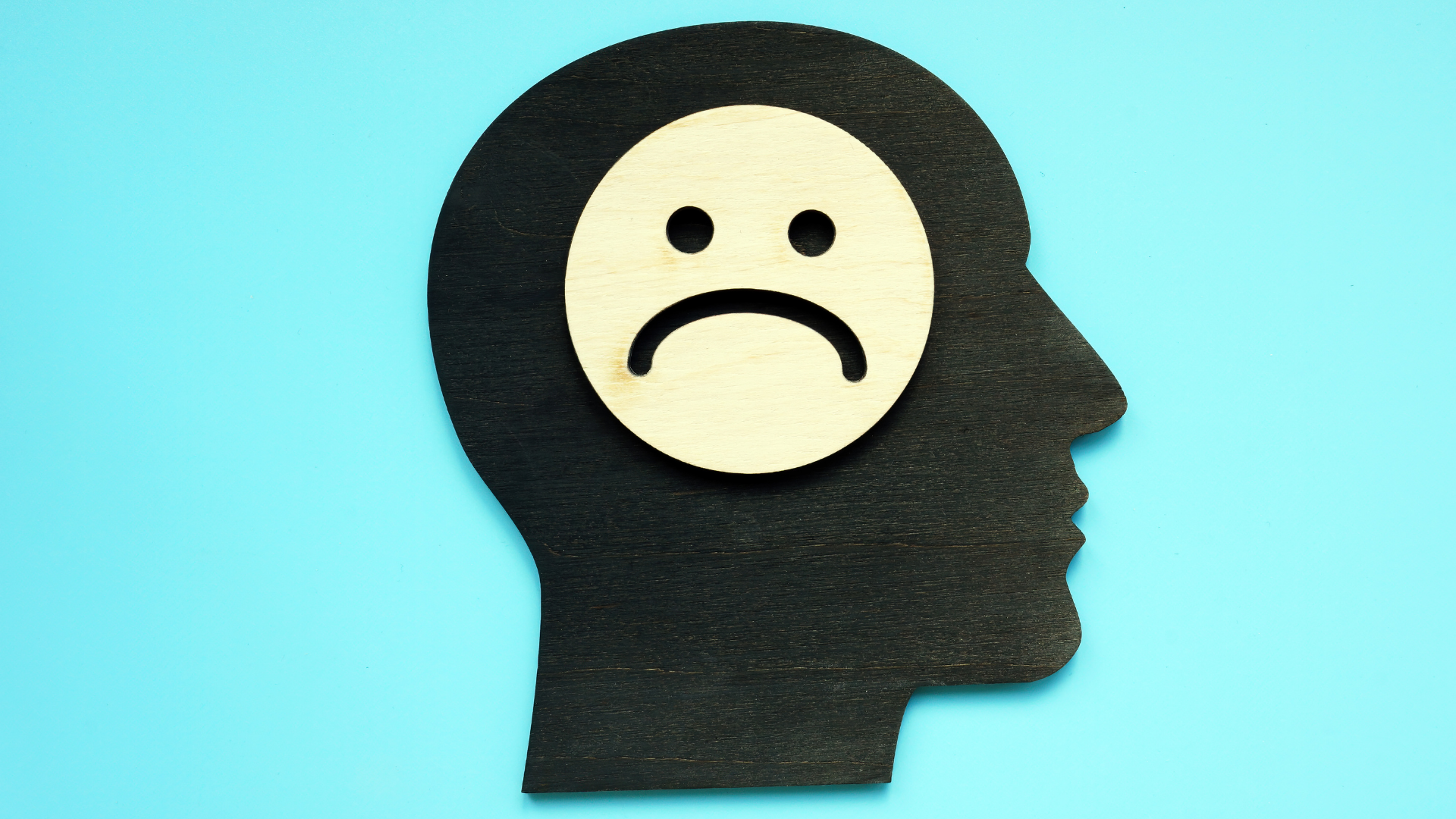
The definition of behavioural addiction is an act that we compulsively carry out despite it having negative impacts on our lives. By this merit, the symptoms of video game addiction are typically deterioration in the quality of life due to playing games excessively. The WHO explains that video game addiction is characterised by gaming taking precedence over important interests, activities and responsibilities. Ultimately, leading to impairment of many important areas of functioning over a 12 month period. Here are some of the common symptoms of video game addiction to be aware of:
Obsessive thinking about playing video games – If you’ve been at home, in school or the workplace and are struggling to focus due to infatuation with the video games you have been playing, then there may be a problem. It is very common for gamers to fantasize and look forward to their next time playing taking away from their focus and productivity in the workplace.
Loss of interest in previous hobbies – The level of stimulation we get from video games can often be unmatched by any other single activity. Video games providing social stimulation, measurable growth and instant gratification at a moments notice. This often makes those addicted to gaming fall out of love with previous things they enjoyed.
Lack of motivation and poor mood – When excessively playing video games a chemical process in the brain occurs called dopamine desensitisation, which essentially means we are no longer affected by the dopamine released from gaming. We need more dopamine to feel the same baseline enjoyment, which of course we can only achieve by playing more video games. Those desensitised to dopamine can have symptoms that manifest in poor motivation to achieve anything else but success through video games and has a knock-on effect on their mood.
A decline in physical health and hygiene – Binging on video games for long hours over months or years leads to a very sedentary lifestyle. Many addicts will unknowingly neglect their health by opting to sit and play video games for hours with little or no exercise. Often, in order to maximise time spent gaming their diets can consist of salty or sugary snacks, as well as ready meals and takeaways. This kind of lifestyle usually leaves the individual either overweight or underweight. Both having detrimental long term effects and chronic disease. It’s easy to see that when someone addicted to video games is fully immersed they will shower less and even forget to brush their teeth as they game into the early hours of the morning. If you notice your health and hygiene taking a dive then this may be a red flag.
Lying to conceal gaming habits – As we spoke about earlier those addicted to video games feel ashamed of their addiction. Some might feel embarrassed that they have not been able to control their compulsion to play video games. Some might be disappointed in themselves for the poor decisions they have made because of gaming. Regardless of peoples reasoning, it leads them to lie about their gaming habits. Many lie to loved ones, colleagues and even to healthcare professionals. Addiction can be very lonely so our best advice is, to be honest about the amount of video games you play, in order to get the most out of your treatment.
These symptoms can vary in across individuals as everyone’s situation is different. The main thing is not to be scared by these symptoms but vigilant and conscious of them. There are many treatment options available.
When To Consider Reaching Out For Help?
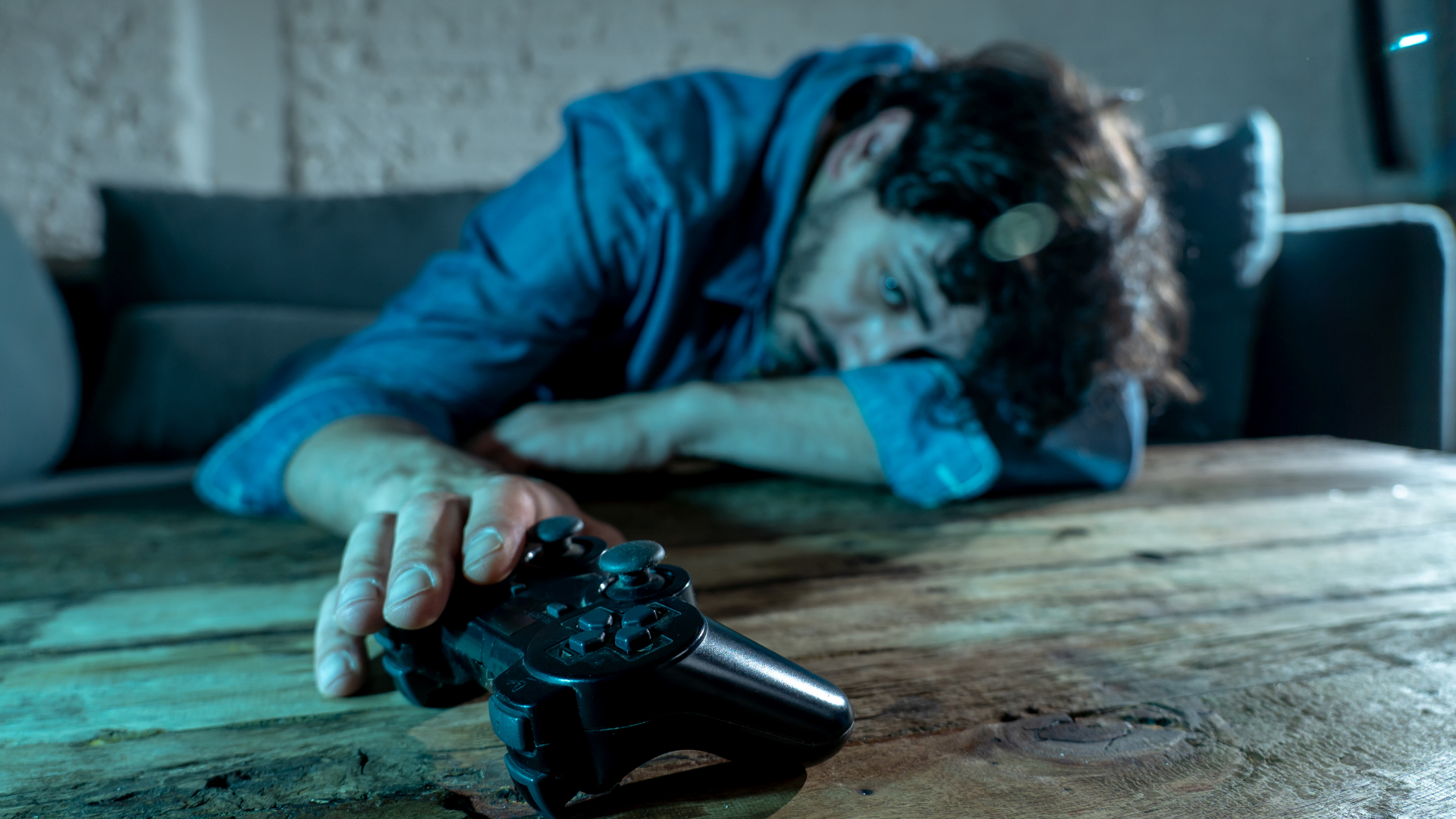
With a seemingly harmless recreational activity such as gaming being labelled an addiction, it leaves people wondering “how much is too much?” Video games nowadays are so vastly diverse and sophisticated that they all last different amounts of times with their own individual quirks or features people find addictive. Things like:
- Competition
- Escaping reality or emotions
- The grind of unlocking in-game achievements
- To relax and unwind
- To connect online with friends
Many of these motivations are used to justify gaming. However, as a general rule thumb, if video games are causing a problem in your life then they are a problem. If gaming is resulting in:
- Significant damage to personal/professional relationships
- Poor performance at work or taking away from time spent with loved ones, educational or work responsibilities
- Putting off important tasks or work in order to play video games
- Feeling physically unfit or receiving injuries from gaming.
- Poor mental health, anxiety/depression poor attention span from gaming.
Then it might be time to seek help.
What Hotlines Are Available?
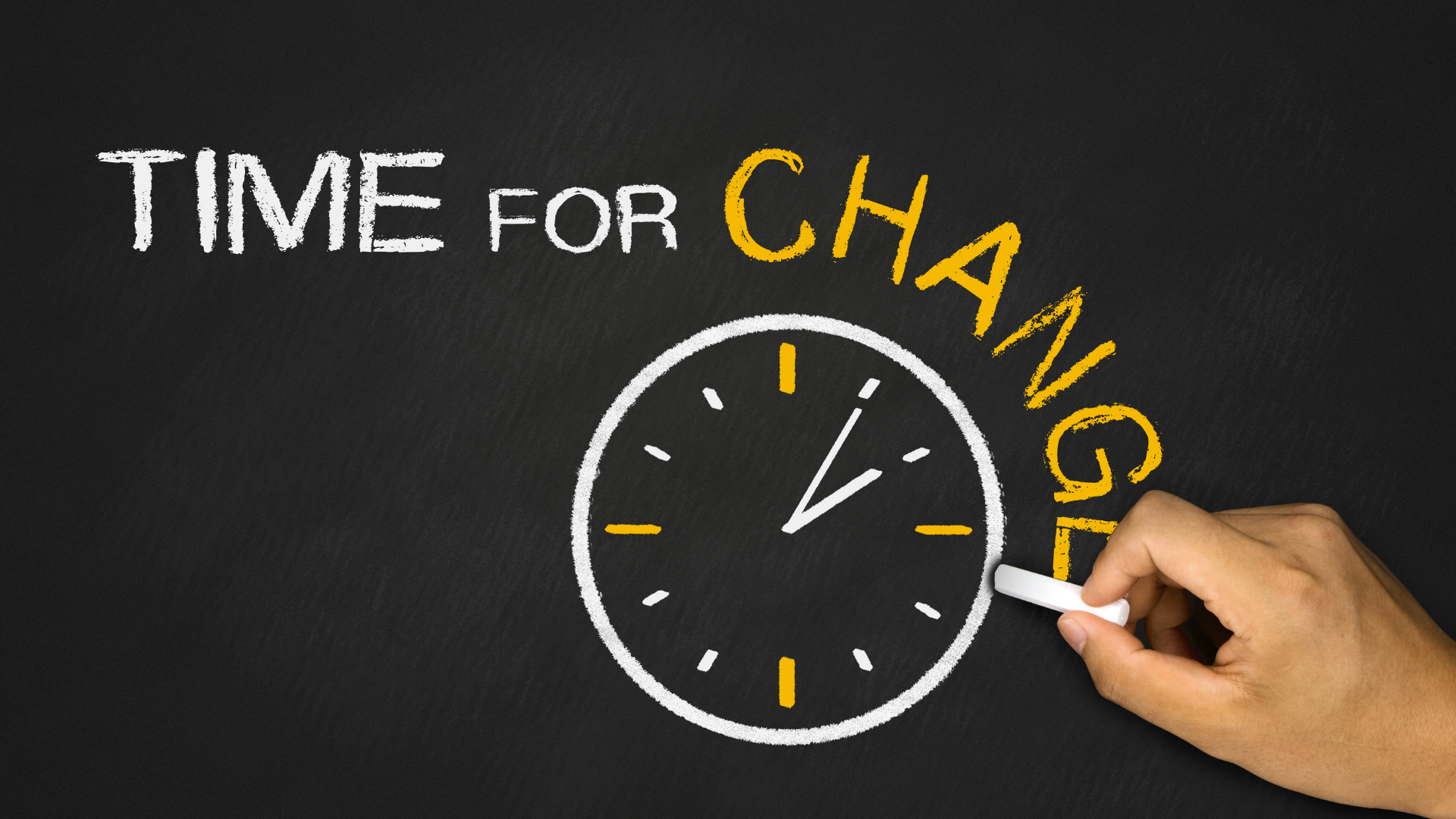
For those struggling with video game addiction and have decided it’s time to get help here is a list of some useful helplines you can call to get the treatment you deserve:
The UK Addiction Treatment Centre – This is a UK based addiction treatment centre that provides in-patient care for numerous forms of addiction including video game addiction.
Website – https://www.ukat.co.uk/gaming-addiction/
Addiction Centre – They are a video game addiction helpline that also allows you to find local treatment centres.
Website – https://www.addictioncenter.com/drugs/video-game-addiction/
Family Lives – A helpline that offers a team of staff and volunteers to provide expert advice in times of need. They provide advice around the fields of video game addiction and social media.
Website – https://www.familylives.org.uk/advice/teenagers/online/gaming/
All calls to these helplines are confidential and handled by trained members of staff so you are in safe hands.
Other Methods Of Treatment

Video game addiction helplines and in-patient centres are only scratching the surface on the types of treatments that are available. Here are some of the most methods of video game addiction treatment you can try on your own.
CBT – Cognitive Behavioural Therapy also known as CBT is the main method of therapy used to treat video game addiction. CBT can be carried out through various meditations and exercises, which are all used to change the way we think about and react to certain emotions and situations. One example of a useful CBT exercise is to welcome negative thoughts. Every time you feel your triggers to play video games, they could be stress, sadness, anxiety just anything that causes you to play. We should address them with a name of your choice. Then greet them as if they are a person attending a party you’re throwing. For instance “Hi Bob, nice to see you again”. By playing with our negative thoughts and emotions like this we take power away from them making it easier to not give in.
Detoxification – This is the process of taking time away from video games in order to allow our brains time to recover. As we explained previously that our brain’s desensitisation to dopamine needs to heal. Our bodies are amazing at healing so with enough time you will make a full recovery. We recommend that you take 90 days away from gaming as this is the same period of time in-patient programs will limit your access to video games. Furthermore, specialists explain that this is an adequate amount of time to allow recovery. Although this task is easier said than done the benefits are numerous, as many people may not remember what life is like without video games. So this will help build some perspective.
Mindfulness – Mindfulness is clinically proven to reduce addictive symptoms and is incorporated into almost all modern courses of CBT. Mindfulness is concerned with becoming present in the moment and aware of our body and breathing as it is happening. This technique is important as it helps to ground us when we are overwhelmed by our emotions and triggers that cause us to play video games. One useful exercise is the mindful breathing exercise which we will share an excerpt from:
“Focus on a point in the room or lightly close your eyes to remove any distractions.
Turn your attention to your breath. Breathe slowly and deeply. Inhale and exhale. Watching your breath, noticing it, feeling it but not so much thinking about it. Simply observing it. Notice the air moving into your nostrils. Following it all the way in, and all the way out. Notice how it’s slightly colder as it comes in and warmer as it moves out. Notice the slow rise and fall of your chest and stomach as you breathe. Notice the subtle rise and fall of your shoulders. Simply notice it. Focus on one of these points, the air moving into your nostrils, the rise and fall of your stomach, your chest or your shoulders.
You will quickly find that your mind starts to wonder; this is completely normal and inevitable. When you notice your mind has wandered, simply, gently, and non-judgmentally return to observing your breath.”
This exercise can be used whenever you are feeling overwhelmed by emotion or your urges to play video games.
Finding a New Passion – Finally replacing gaming with a healthier and more sustainable passion is very important in overcoming video game addiction. For many addicts, the activity of gaming is justified as their passion. The problem is when trying to find a new passion many people struggle as gaming is such a unique hobby that satisfies many of our needs as human beings. It leads us away from wanting to achieve real-life goals as our virtual ones are so much easier to accomplish.
Our best advice to find a new passion is to find multiple activities that satisfy each area that gaming used to: A social activity like martial arts or dance class, a mentally engaging activity like learning an instrument or language and finally a resting activity like reading, drawing or cooking. The secret to finding a new passion is to be consistent with these new hobbies. Finding a passion doesn’t happen overnight so it is important we allow ourselves the opportunity to.
The road to recovery is full of ups and downs like most things in life. However, you don’t have to go it alone. The video game addiction helplines we provided are a good place to go if you are feeling like a change is in order, or need help and guidance on your addiction. As always The Mindful Gamer is here to overcome video game addiction and help you reclaim the life you deserve!








